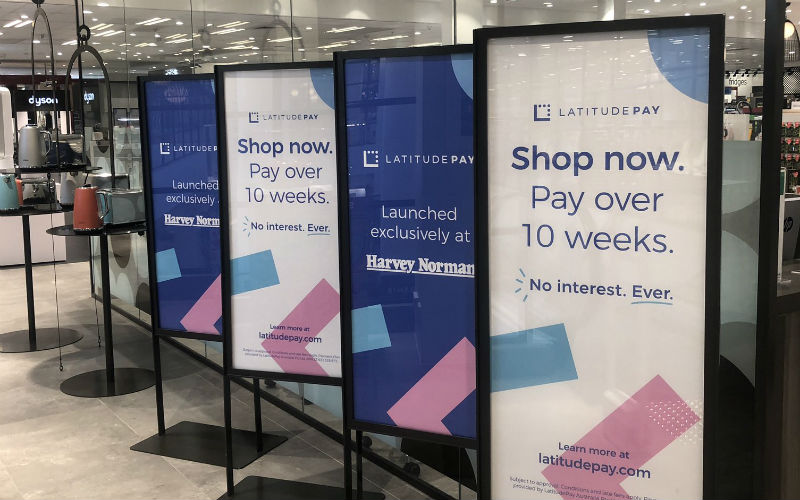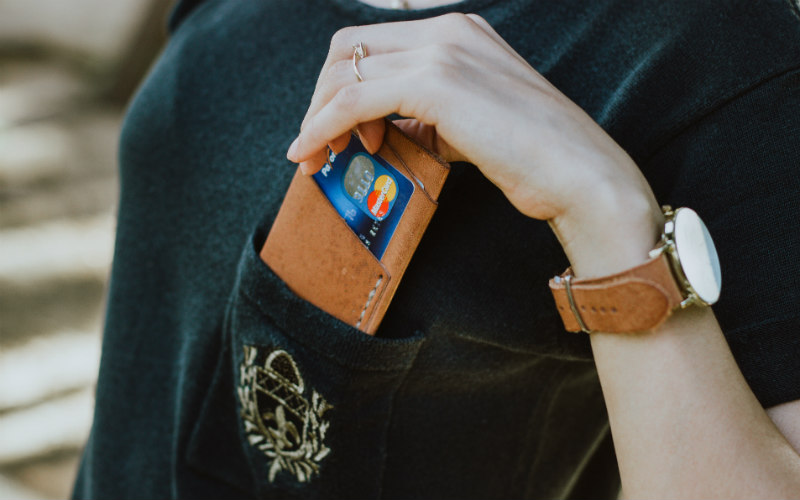Mastercard commissioned Lonergan Research, and surveyed 1,040 Australians to find out what biometric technology they liked when it came to paying for goods and services.
Fingerprint authentication technology was the most favoured method of biometric payment, with more than three in five saying they will use it by 2025.
Facial recognition was next, at 45%, retina or iris scan at 45%, and voice recognition at 38%.
With the thought of a cashless society becoming more acceptable, the survey consensus was that cash would be the least-used method of payment in five years.
In 2018, card fraud tipped $488 million, and Mastercard’s President of its Australasian Division Richard Wormald said biometric security could help put a clamp on it.
“Mastercard is creating a future where all digital transactions are trusted and seamless for the entire ecosystem,” Mr Wormald said.
“This includes all forms of biometric payments – fingerprint, face, voice recognition and even new modalities, such as palm.
“Mastercard’s secure network, combined with advanced biometric and artificial intelligence technologies, is enabling merchants and issuers to both verify a consumer’s identity and deliver an unmatched consumer experience.”
Security and convenience were key motivators for using biometric authentication, with 80% saying the technology meant people cannot watch them enter or guess their PIN or password, with 77% also agreeing they don’t need to remember PINs or passwords.
Australians’ love affair with credit cards
Earlier this week it was revealed in December 2019 alone, Australia had a credit card debt of $28.5 billion.
However, this represents a fall from the all-time highs in October 2011, which amounted to $37 billion.
December’s credit card data coincided with a 0.5% fall in retail turnover in December, according to the Australian Bureau of Statistics.
However, debit card transaction value is up, with foreign transactions, in particular, up by 21.6% on the year.
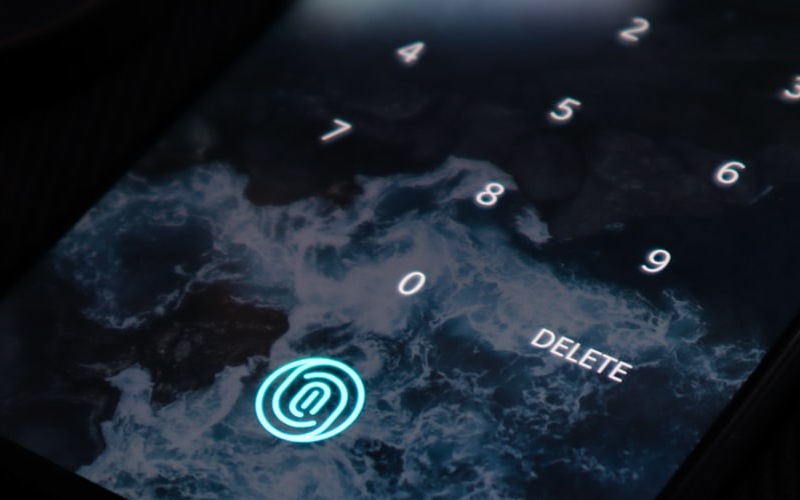
.jpg)

 Harrison Astbury
Harrison Astbury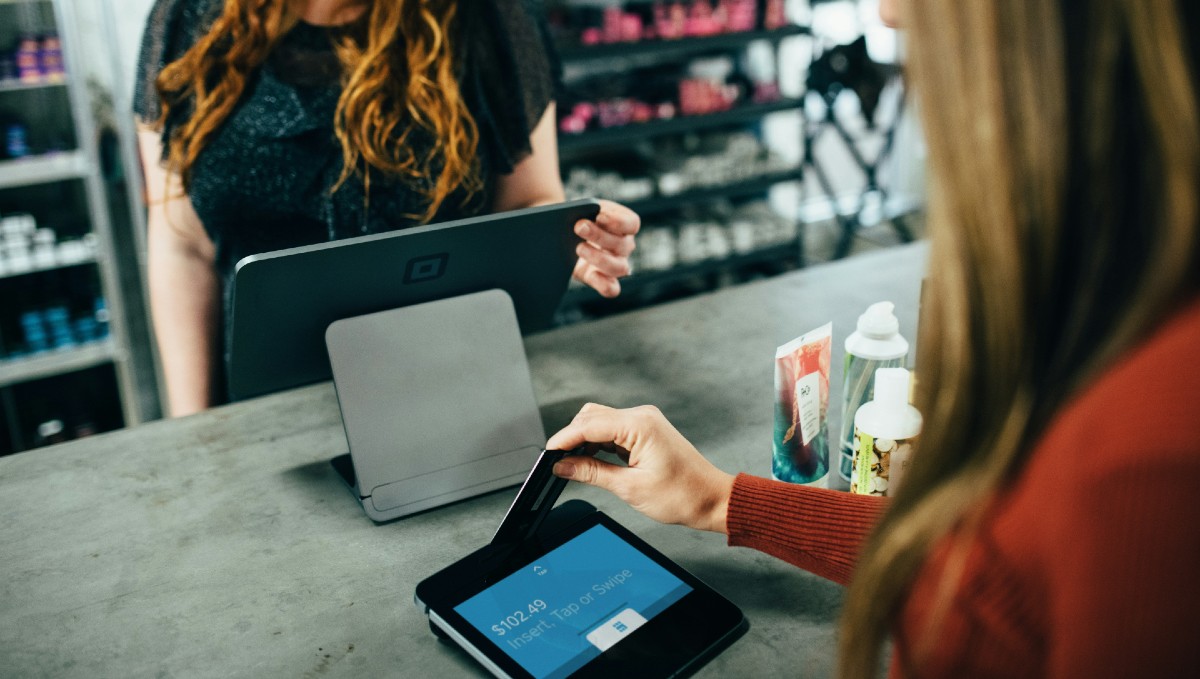
 Denise Raward
Denise Raward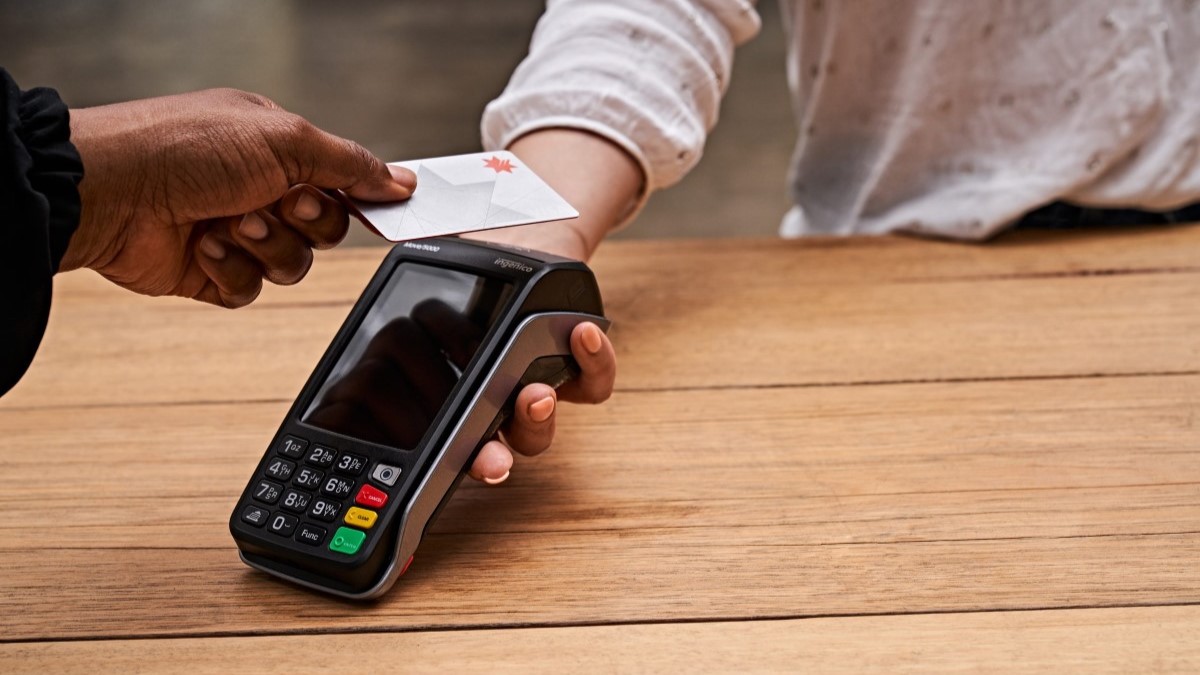
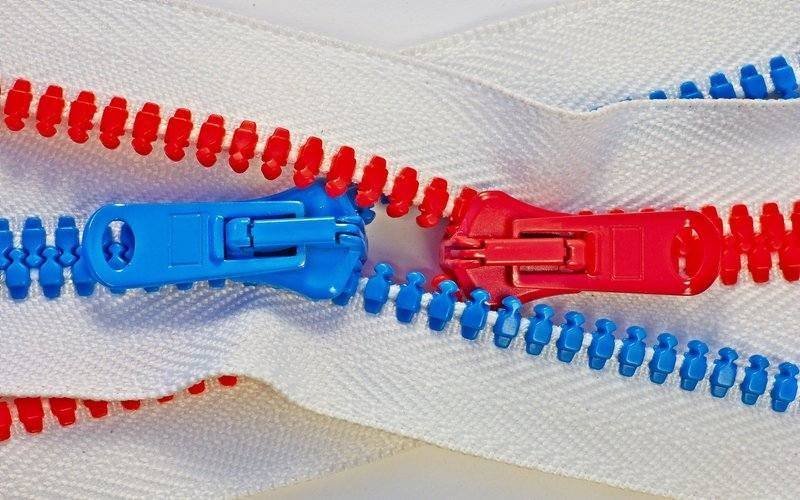
 Alex Brewster
Alex Brewster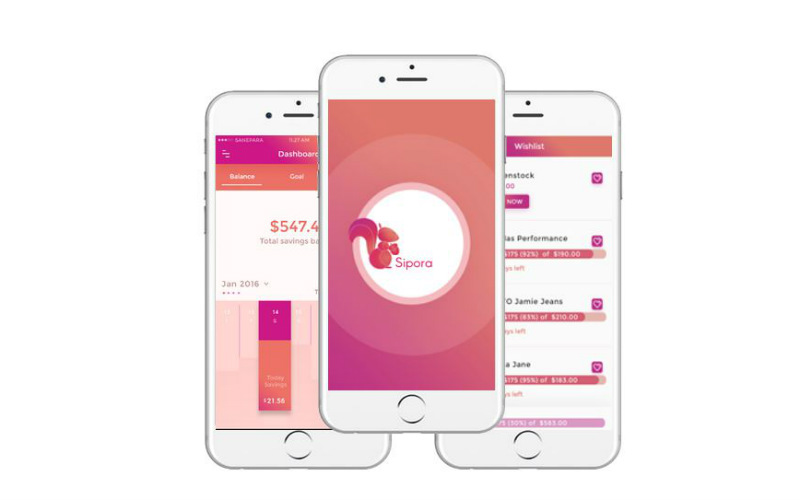
 Emma Duffy
Emma Duffy